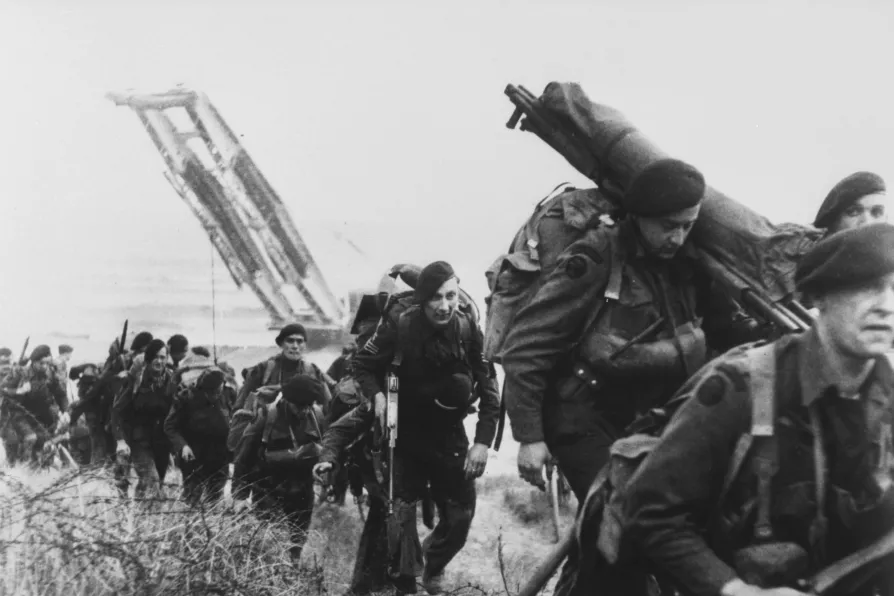LUKE FLETCHER outlines Plaid Cymru bold plans for wide-ranging policy consultations with trade unions in Wales

 LONG-AWAITED DAY: Royal Marine commandos moving off the Normandy beaches, 1944
LONG-AWAITED DAY: Royal Marine commandos moving off the Normandy beaches, 1944
IN JUNE 1984 the resurgent arms race and the fostering of a resumed cold war characterised the way the West marked the 40th anniversary of the D-Day landings.
In response several Soviet newspapers and journals carried articles rehearsing the true background to June 6 1944.
One of these was written by the author, James Aldridge, who, as a well-known Australian war correspondent, had been based in Moscow in 1944 and 1945. He had already reported from many of the fronts of the war, including Finland during the winter war, northern Iraq and Egypt.

As Britain marks 80 years since defeating fascism, it finds itself in a proxy war against Russia over Ukraine — DANIEL POWELL examines Churchill’s secret plan to attack our Soviet allies in 1945 and traces how Nato expansion, a Western-backed coup and neo-nazi activism contributed to todays' devastating conflict

The obfuscation of Nazism’s capitalist roots has seen imperialism redeploy fascism again and again — from the killing fields of Guatemala to the war in Ukraine, writes PAWEL WARGAN

The pivotal role of the Red Army and sacrifices of the Russian people in the defeat of Nazi Germany must never be forgotten, writes DR DYLAN MURPHY











